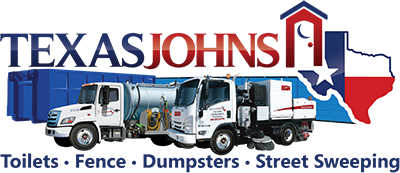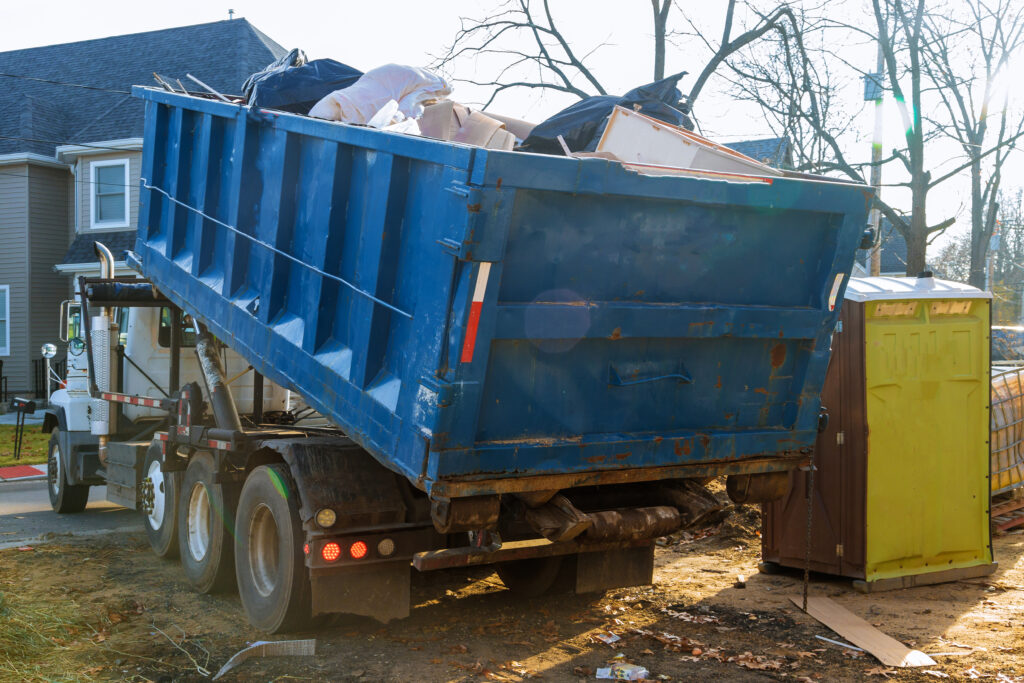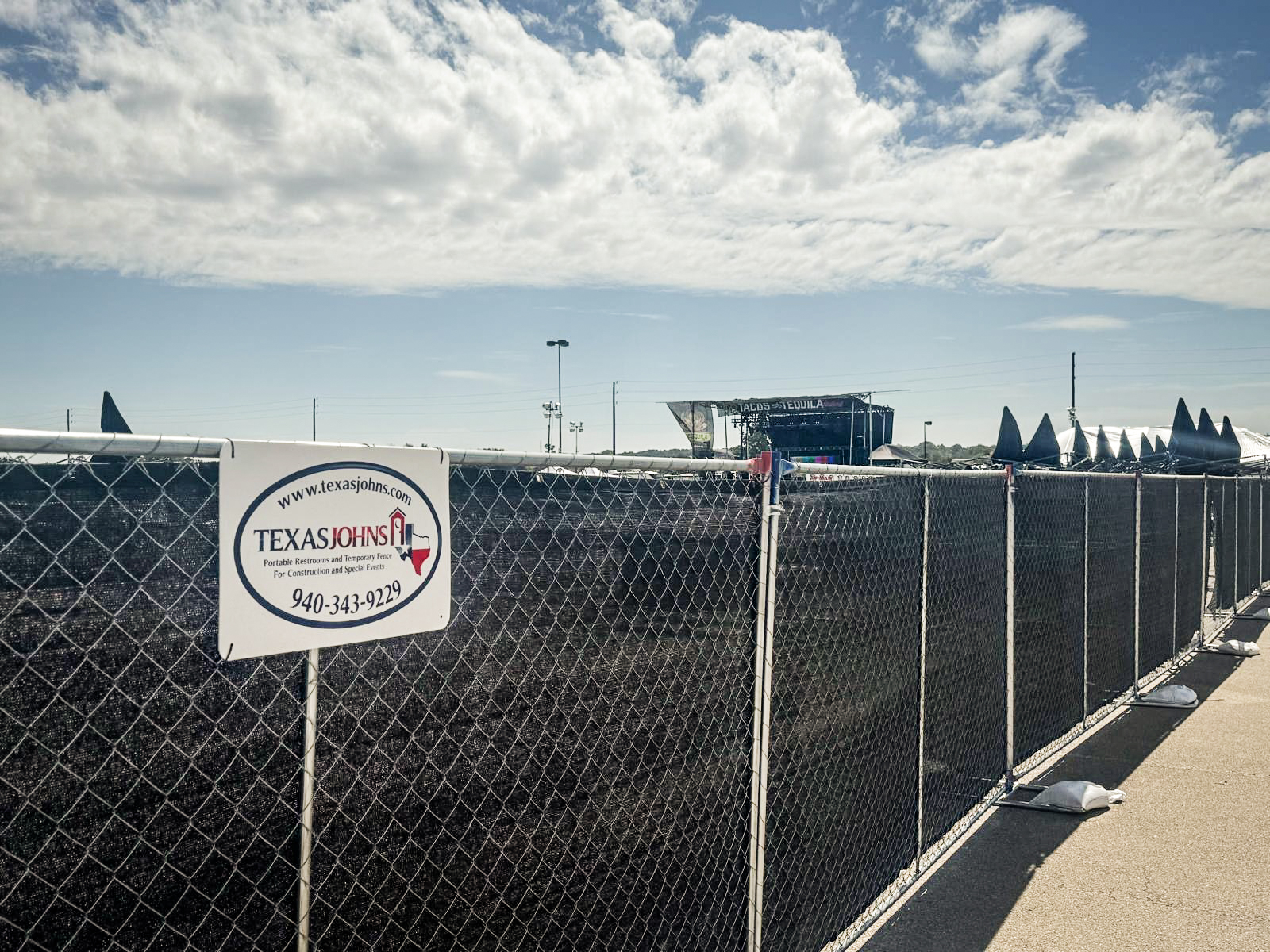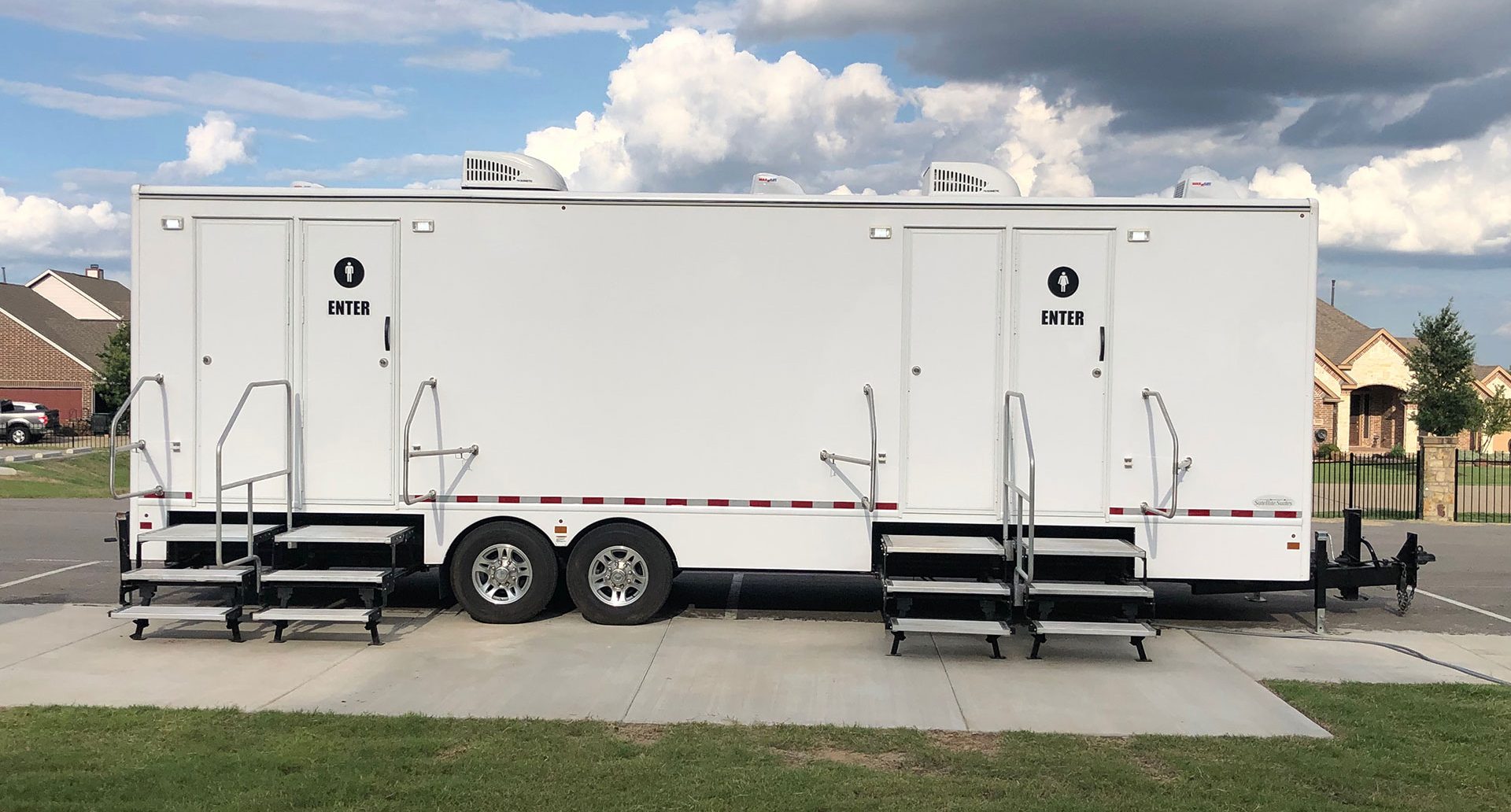Whether you’re tackling a major home renovation, cleaning out a neglected property, or managing a bustling construction site, renting a dumpster is essential for streamlined waste disposal. But with varying dumpster sizes and types, how do you know which one is best for your needs? This guide will walk you through the key considerations for choosing the perfect dumpster rental.
Understanding Dumpster Rental Sizes
Dumpsters for rent are typically categorized by their capacity in cubic yards and their weight limits. Here are the most common sizes:
- 20-Yard Dumpster: An excellent option for smaller residential projects like a bathroom remodel, garage cleanout, or modest landscaping work. Holds roughly the equivalent of six pickup truckloads of debris.
- 30-Yard Dumpster: Ideal for medium-sized projects such as a full kitchen remodel, roofing replacement, or larger landscaping jobs. Holds the equivalent of nine pickup truckloads.
- 40-Yard Dumpster: This large option is best suited for substantial renovations like whole-house cleanouts, major demolitions, or hefty construction waste. It holds around twelve pickup truckloads of material.
Residential vs. Commercial Dumpster Rentals
While both residential and commercial projects benefit from dumpster rentals, there are significant distinctions in how these services operate:
Size and Frequency
Residential projects tend to generate waste in smaller quantities over shorter intervals. Homeowners usually opt for 10- to 20-yard dumpsters, with rental periods typically spanning a few days to a couple of weeks.
Commercial sites, such as construction zones or businesses undergoing renovations, regularly produce substantial amounts of debris. These projects demand larger roll-off dumpster rentals (30- to 40-yards) and often involve extended rentals, potentially lasting weeks or months with scheduled pickups.
Permits and Placement
Residential dumpster placement frequently has stricter regulations. Many municipalities require homeowners to obtain permits for dumpsters placed on the street or in public areas. Before your dumpster rental, check your local city or homeowner’s association ordinances.
Commercial dumpster placement usually falls within designated zones on private property. However, some cities might have zoning requirements for large dumpsters, so it’s crucial to check those regulations.
Waste Types
Residential dumpsters commonly handle household junk, construction debris from small-scale projects, and yard waste.
Commercial dumpsters may deal with a wider variety of materials, including heavier construction debris, industrial waste, or even recyclable materials dedicated to specific dumpsters.
Pricing Structures
Residential dumpster rentals generally have a more straightforward pricing model, often involving a flat fee based on dumpster size and rental duration.
Commercial dumpster pricing might be more complex, including factors like weight limits, waste composition, and the frequency of pickups or swaps for full dumpsters.
Regardless of whether your project is residential or commercial, always consult your chosen dumpster rental service for specific guidelines and restrictions. They’ll advise you on the best dumpster solution, potential permits, and safe, compliant waste disposal practices.
The Benefits of Dumpster Rental
Ditch the exhausting landfill trips and embrace the advantages of renting a dumpster:
Unmatched Convenience
Say goodbye to the frustration of loading, hauling, and unloading waste on repeat. Dumpster rentals offer a single drop-off and pickup solution. This frees up your valuable time and energy, letting you concentrate on completing your project.
Enhanced Cleanliness and Safety
A centralized waste container significantly improves your project site’s organization. It minimizes clutter, reduces tripping hazards, and creates a safer environment overall. A tidy workspace promotes efficiency and reduces the risk of accidents.
Effortless Compliance
Waste disposal regulations can be complex and vary by location. Professional dumpster rental services have extensive knowledge of these guidelines. They ensure your waste is handled correctly, protecting you from potential fines or legal issues.
Environmental Responsibility
Reputable dumpster rental companies strive to minimize their environmental impact; they often have robust recycling programs to divert reusable materials from landfills. By choosing such a service, you’re making an eco-conscious decision and reducing your project’s overall environmental footprint.
Potential Cost Savings
While it might seem counterintuitive, a dumpster rental can be more cost-effective than self-hauling, especially for projects generating large quantities of waste. Factor in the gas, vehicle wear and tear, potential landfill fees, and the value of your own time – a dumpster rental often emerges as the more economical choice.
Additional Considerations
Hazardous materials, electronics, and tires are often not allowed in standard roll-off dumpsters. Check with your dumpster rental company for specific restrictions.
Exceeding weight limits can lead to additional fees. Discuss heavy materials with your rental provider in advance for guidance.
Texas Johns Can Help | Your Dumpster Rental Experts
Choosing the ideal dumpster size requires specific information about the nature of your project and its waste materials. Our experienced team at Texas Johns will expertly assess your needs, ensuring you have the right container for a hassle-free process.
With convenient drop-offs and pick-ups, competitive pricing, and exceptional 24/7 customer support, Texas Johns is your trusted partner in waste management. Get in touch with Texas Johns today to determine the perfect dumpster rental service for your needs!






